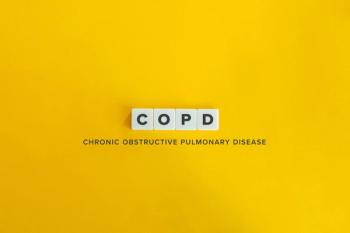
What Keeps Steroids from Working in Severe Asthma Patients
Secretions of fibroblast growth factor and granulocytic colony-stimulating growth factor in airway epithelium may be to blame.
Over 25 million people in the United States live with asthma, and up to 10 percent of these hve severe asthma, according to the
In a study published earlier this year in
They collected bronchial airway epithelial cells exposed to inhaled corticosteroids from people with severe asthma, those with moderate asthma, and people without asthma. When comparing the three, the researchers found that FGF and G-CSF were expressed only in the cells of people with severe asthma. In mice, these growth factors worsened asthma symptoms by promoting hyaluronan production and neutrophil infiltration.
The authors of this study suggest that, in patients with severe asthma, the growth factors work against the action of inhaled corticosteroids during asthma exacerbations.
“We believe this response explains why patients with severe asthma are unresponsive to such conventional therapy,” commented
In a study on mice, the researchers found that combination therapy with FGF receptor inhibitors and corticosteroids effectively prevented airway inflammation and tissue scarring. The authors believe that these results can be used to develop treatments that would enable a positive response to inhaled corticosteroids in patients with severe asthma.
“Our study has uncovered a potential mechanism to explain why patients with severe asthma are unresponsive to conventional therapy,” said Panettieri. “If we could uncover new approaches to treatment that directly affect that mechanism, we may be able to restore a sensitivity to the steroid and improve outcomes.”
Newsletter
Pharmacy practice is always changing. Stay ahead of the curve with the Drug Topics newsletter and get the latest drug information, industry trends, and patient care tips.























